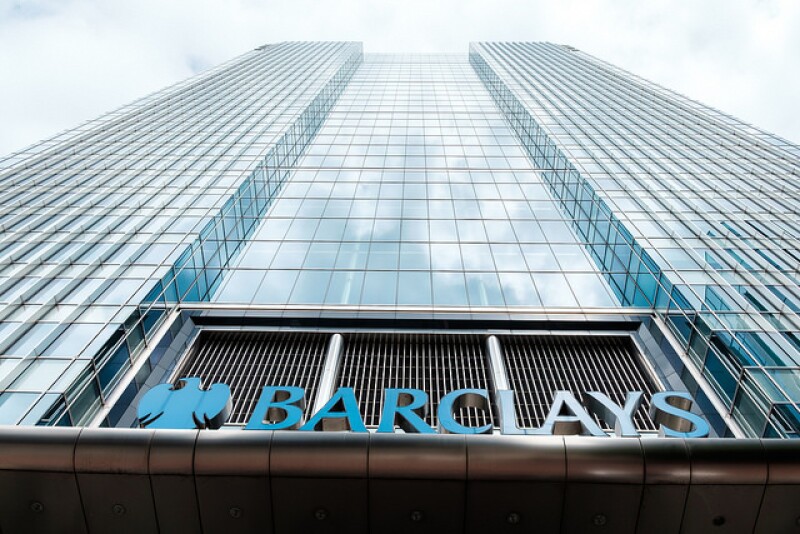
The Basel Committee is investigating whether investments in cryptocurrencies would increase banks’ capital requirements. The decision could have an impact on the volatility of cryptocurrencies and on institutional interest in the emerging asset class. But it could also be a sign of regulators stepping up efforts to understand this new market.
“A move to implement capital rules on banks that are exploring crypto assets is a positive indicator that cryptocurrencies are increasingly being seen as a legitimate asset class,” said BitBull chief executive Joe DiPasquale.
The regulator is hoping to bolster the rules under the Basel III regulation so that banks are protected against short-term market volatility and losses. The move comes amid fears that the erratic price changes, which have been a feature of the market this past year, could threaten bank stability if significant capital is invested.
An EU report released earlier this month said cryptocurrencies will not challenge nor replace existing currencies - it underplayed the risk of cryptocurrencies threatening global bank stability. Jerome Powell, chairman of the Federal Reserve said previously that the market was not big enough to pose a threat.
|
|
"A move to implement capital rules on banks that are exploring crypto assets is a positive indicator" |
|
|
Yet the market has been generating more interest from banks, fuelling the belief that it could be considered a legitimate and common asset-class. In May, Goldman Sachs appointed its first ever digital assets markets head, Justin Schmidt, and is to open a bitcoin trading desk. Its new chief executive, David Solomon, is understood to be keen on cryptocurrencies. In the same month, JP Morgan followed suit, appointing Oliver Harris as its new head of crypto asset strategy, responsible for identifying crypto projects for the firm to develop.
The Basel Committee is considering whether to force banks to hold more capital in reserve if the invest in cryptocurrency;
The potential rule change could deter institutional interest in cryptocurrency, but it could be positive in bolstering regulation which could lead to it being considered as a legitimate asset class;
For institutional interest to intensify, there needs to be firmer regulation and clarity.
This development could increase transparency in a currently unregulated market that has had challenges in the past when it comes to the integrity of some actors. Concerns about money laundering, price manipulation and security has dampened the optimism of many institutional investors, but with increasing regulatory oversight both in Europe and the US, bank interest has grown.
This has led the G20’s financial regulator, the Financial Stability Board, to publish a report that can help G20 nations identify crypto-assets and metrics that highlight a greater level of risk.
But banks are not short of other concerns at present with Brexit and an abundance of other regulatory changes likely to be at the centre of attention.
“I believe that banks have bigger worries and less appetite to deal with an asset which is still trying to find own definition in the range of financial instruments,” said Ikaros Matsoukas, a fintech consultant.
While regulation has gone some way to clarify many uncertainties, the market landscape is far from clear. A lack of test cases to illustrate what is considered to be a security, amongst other things, remains and banks are unlikely to go beyond dipping their toes in the water unless more regulation is implemented which provides the investor with more clarity and protection and brings initial coin offerings firmly within the scope of a traditional financial asset.
Currently, banks could invest directly in cryptocurrency and calculate their risk-weighted assets using the current other assets definition under Basel III. Yet there is not enough historical data available and the data that does exist is not satisfactory and detailed enough to fully assess the risk.
The other issue is that cryptocurrency has attracted prohibited trading practices, such as money laundering and this is what deters bank investment in cryptocurrency, according to Matsoukas.
“Regulation can bring more institutional investment in cryptocurrency, not less,” he said. “Regulation on capital requirements to specifically include cryptocurrency investing would only be effective if it is combined with regulation on market infrastructure, like crypto exchanges.”
According to market insiders, cryptocurrency exchanges are stepping up and implementing know-your-customer and anti-money laundering procedures to deter malicious practices, yet recent concerns about price manipulation have emerged.
For banks themselves, cryptocurrencies do not have a multiplier effect like fiat currency so banks would be unable to issue more of these against a deposit and, therefore, they would have to be treated differently.
Also, there are differing theories on how cryptocurrencies would be effected in the event of a financial crisis: whether investors would be encouraged to move capital away from traditional investments and into less exposed areas, or that the volatile nature of the asset would make investors shirk away in an even more uncertain time.
“Bitcoin and Ripple are volatile against main currencies, but it is unknown how they might be affected by a systematic risk event,” a fintech researcher at an alternative investment firm. “I suspect Ripple might be affected more as banks use that as a money transfer security.”
For other tokens, like bitcoin, that are not considered a security as yet, they could be considered as an alternative option to traditional markets in times of crisis.
Regulation has certainly boosted interest from banks so far, so while at first thought the rules could dampen interest, the Basel Committee may be promoting an asset they are suspicious of.
See also
Self-regulation could help end crypto price manipulation
Japan’s separate rules for crypto could be the answer
US crypto regulation could be restricting blockchain development
